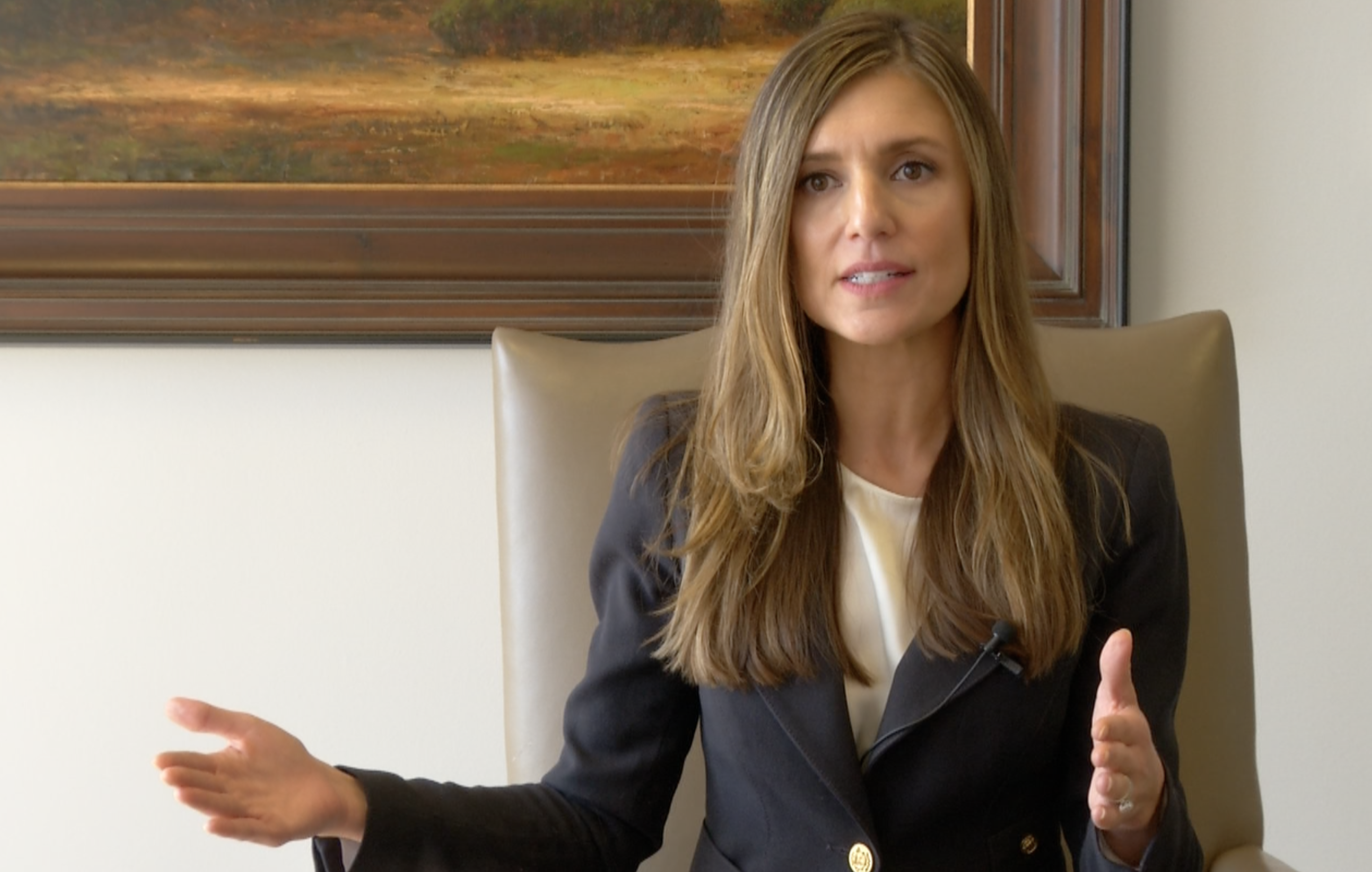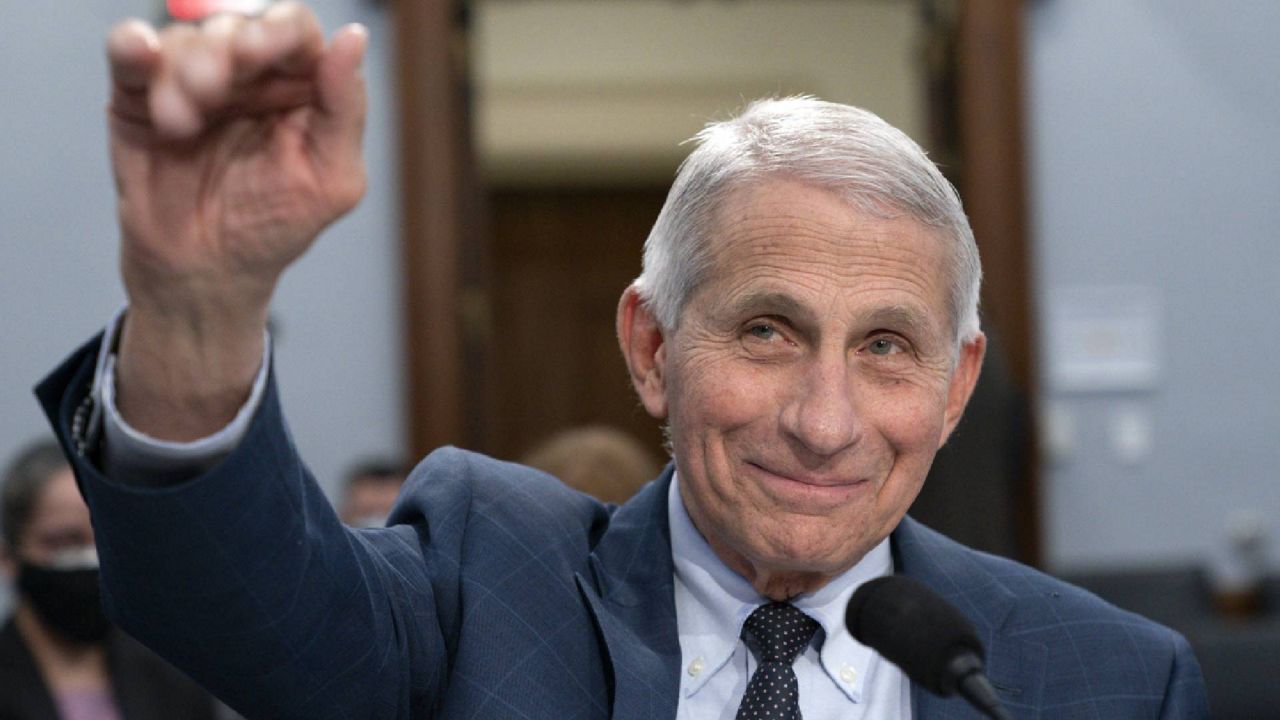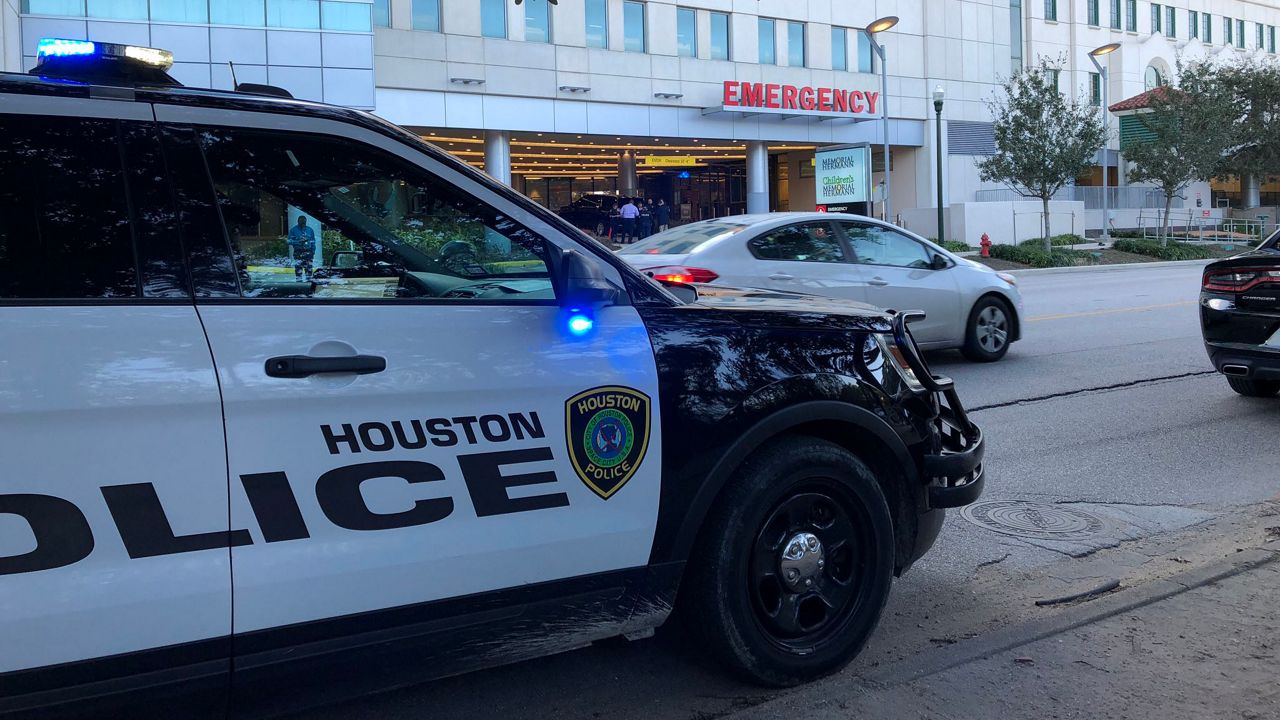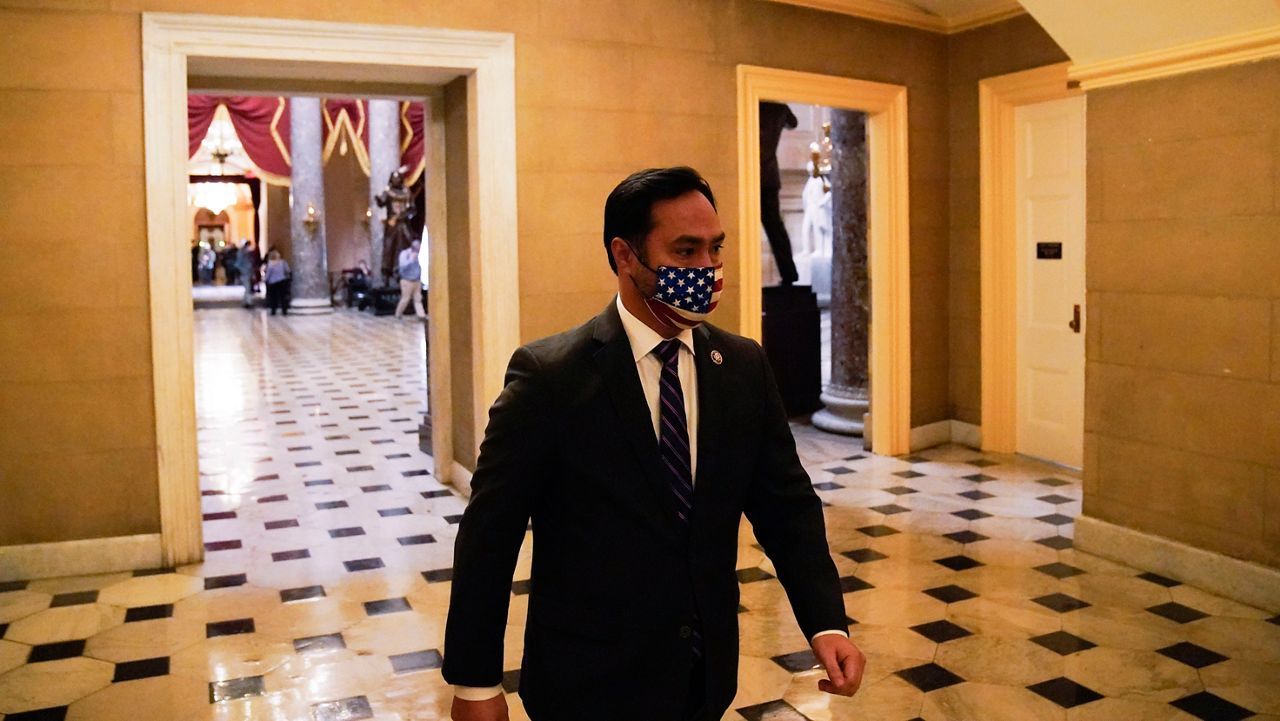TEXAS — The ban on in-person court proceedings for justices and municipal courts was set to expire this month, but those restrictions will stay in place for now.
The Texas Supreme Court ruled that in-person jury trials are banned until December 1, updating the previous ruling that halted them until October 1. However, district, county and probate courts are allowed with judge’s approval and coronavirus restrictive guidelines.
Since jury trials have slowed significantly since March, it’s been nearly impossible for attorneys to do their job to the best of their abilities. This directly affects their clients.
"My clients who have pending trials right now, where we don't see them going until 2021, believe they have been wrongfully accused. And they have every right to a jury trial and every right to hold out for a jury trial. That's what the system is created for,” said Dallas criminal defense attorney Nicole Knox.
Knox's clients she is currently representing were indicted in 2017, but both have cases that have been pushed back.
"No one saw COVID coming, so we all thought we were going to proceed on these trials in the fall of this year. But now my clients have to suffer the unknown for at least six additional months, if not more,” Knox said.

Knox said without the fear of a jury trial, it’s tougher to resolve or settle cases. She said we’re seeing this across the board, no matter what court you’re in.
"It's harder to get a plea negotiated because it's hard when you're not meeting face-to-face to actually come to a resolution. As a colleague of mine put out recently, ‘People are a lot braver on the computer.’ Prosecutors know that we don't have the leverage of a jury trial right now, so they can be a little tougher in their plea bargain offers. And because we know that we're not going to resolve it immediately, we also have the ability to say, ‘No, we'll just wait until we have that leverage for jury trial again.’"
Under normal circumstances, attorneys are able to visit clients in jail or schedule phone calls for less pressing issues. During COVID, that’s not able to happen.
"When you take away the very simple freedoms and liberties that you have, such as being able to talk to your lawyer and seeing your family and friends, it makes enduring that time in prison that much harder. On top of the fear that you might get COVID within the facility,” Knox said. "Not only as an attorney to white fear going to visit clients in jail, out of the fear of getting COVID, but there are many restrictions in federal facilities, you can't go visit them.”
Her clients are holding out for a jury trial, which will happen sometime next year. Until then, Knox says, they’ll keep being watched on pretrial release.
“When you feel that you're wrongfully accused, the prolonged scrutiny on your life in the fear of the unknown takes a toll on you as a human being. And it's something that they're having to endure because of circumstances out of their control, being COVID.”
While Zoom and other video conferencing platforms have proved to be a game changer during this pandemic, Knox doesn’t believe they’re the future of jury trials, especially in the higher courts.
"I don't see how it could, now I could imagine a situation where you might believe that a bench trial, whether it's on Zoom or in person, is beneficial to your case, that you might be able to resolve your case if you just have a judge as the fact finder instead of a jury. And I do believe there might be potential, to preserve constitutional rights, as long as you opt in and you're not mandated to do so,” Knox said.
But even jury trials that are able to proceed with proper COVID-19 precautions aren’t preferable to Knox. She said there’s no way to have a “fair trial” when anyone in the courtroom is required to mask their faces.
"Jurors need to be able to see counsels' faces, defendants' faces, the judge’s face. But also, we as defense counsel and as lawyers, whether you're on the defense side or the prosecution side, you need to be able to see the faces of jurors,” Knox said. "Because often, you can get a read on how they're reacting to certain witness, or the case in general, or anything that might occur in the courtroom that's imperative to your case.”
For Knox, this downtime in her line of work has given her extra time to be productive and help her clients when it comes to next year’s trials. She’s also been able to make room for new cases.
“I'm spending a lot more time on early preparation, because I have the luxury of time right now,” Knox said.









